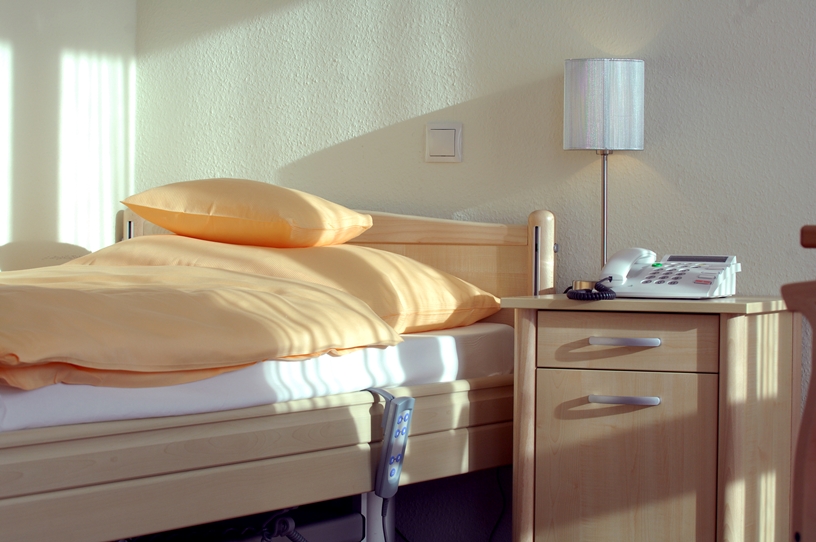It’s a little known fact that for some people, even those with significant assets, being in a care home can be completely free, courtesy of the NHS.
It works like this.
Some people, often after they’ve lost a spouse, decide they’d prefer to live in a residential home, rather than at home. There may not be that much wrong with them, but they might be finding life at home on their own increasingly difficult. In which case, you find a residential care home that you like and pay the going rate – typically anything from £600 per week to over £1000 per week, depending on the quality of the facilities and in which part of the country you live.
For others, a move into a care home may, to all intents and purposes, be forced on them. For example, people with advanced dementia, or whose physical state has seriously declined, or those who simply might require some form of ongoing nursing care. Here there are a number of different funding scenarios….
If your total assets, including the value of your house if you own one, are more than £23,250 (frequently the case for a great many people), you are obliged to pay the full cost of living in a care home, whether purely residential (accommodation, meals etc) or including additional costs, such as specialist nursing or dementia care.
If, on the other hand, your assets are below the £23,250 threshold, then your Local Authority (social services) will typically foot most of the costs. But there’s a further complication, because any regular income you receive, such as your state pension, any private pensions or investment income, will all be accessed to pay for your costs of being in a home.
So yes, it all gets incredibly confusing, and there are other aspects too detailed to explain fully here. It’s fair to say that unless you have minimal assets and your only income is the state pension, you will end up paying out a large sum of money every week.
But there is another scenario which many people are unaware of. It’s called Continuing Healthcare. Depending on the nature and extent of your health related problems, if you are deemed to ‘qualify’, the NHS will fund all care and residential costs if you have to go into a home – regardless of any assets or income.
The trouble is, like so many things related to care, it’s not straightforward. Health and social care professionals use a checklist that scores patients in a health assessment across 12 categories, including behaviour, cognition and ability to communicate. If you are rated ‘High Priority’ for just one of the categories, or ‘Severe Priority’ for two of the categories, you will be recommended for full funding to the local clinical commissioning group (CCG).
And here’s the rub. There can be huge variations within the many CCGs across the UK as to the numbers of people deemed to qualify for Continuing Healthcare funding – arguably driven by a combination of differences in interpretation (i.e. scoring) and the budgets available at a local level. To make matters worse, individual CCGs may not always decide to heed the recommendation for Continuing Healthcare provided from the heath assessment.
To quote Professor Clements, a specialist in care issues at Cardiff Law School:
“Families are having to go through a highly stressful, arbitrary and often costly process to get funding in situations where 99% of ordinary people would have expected the NHS to be responsible. The problem is that in some NHS areas a culture of ineligibility has developed that is in clear conflict with the law and NHS guidelines.”
Having said that, almost 70,000 people in care homes across the UK currently receive Continuing Healthcare funding – approximately 20% of the total care home population. So, it’s well worth doing everything you can to maximise the chances of receiving this funding in the first place. However, if you’re unsuccessful and you believe unfairly so, there are various opportunities to appeal, although this can be a time consuming process.
For further advice or clarification on this vexing subject, Care Home Finder can provide help. You can contact us on 0345 853 0300

